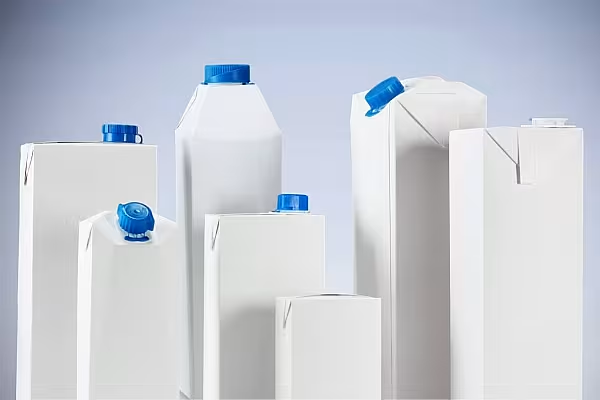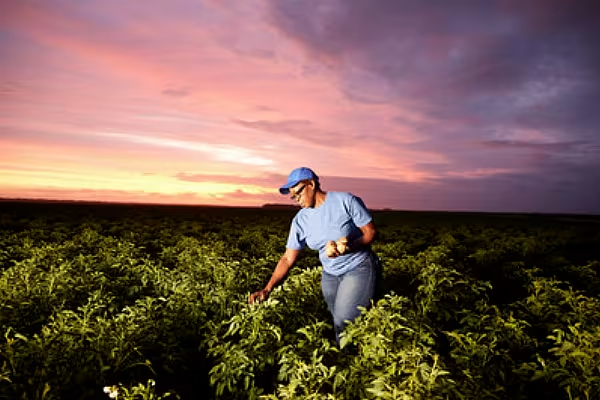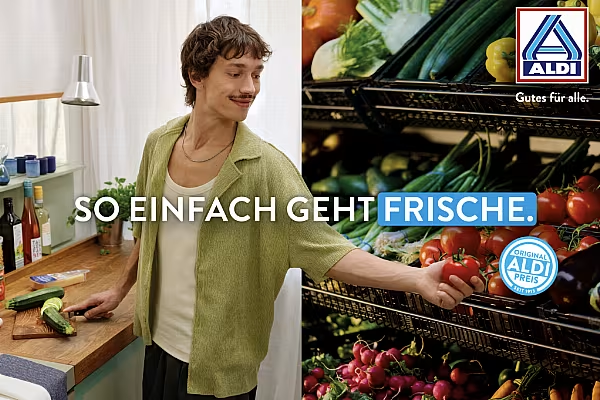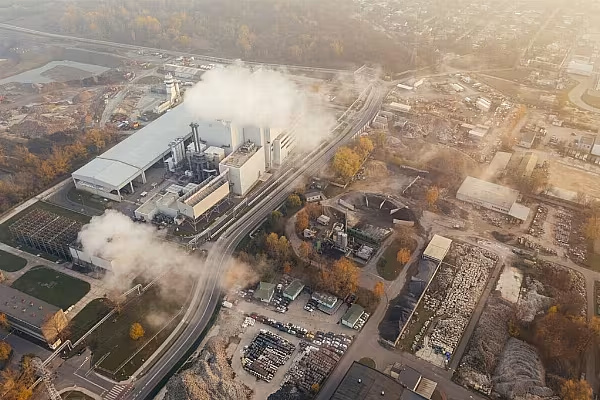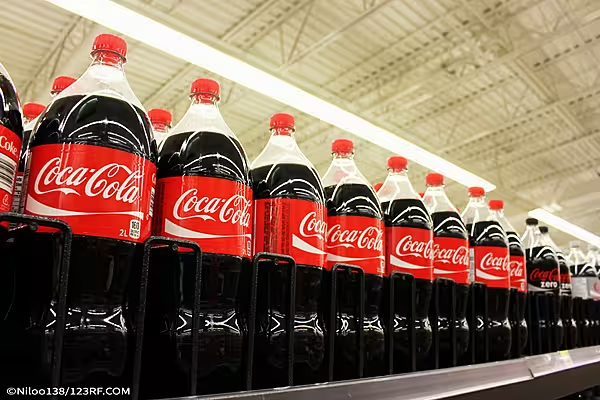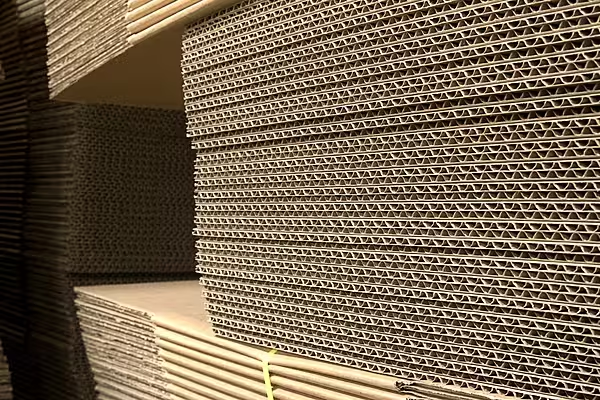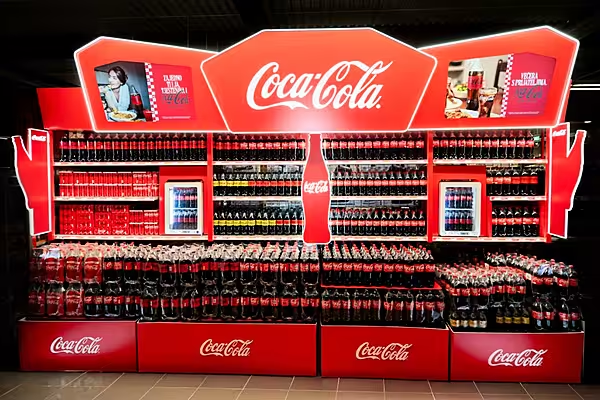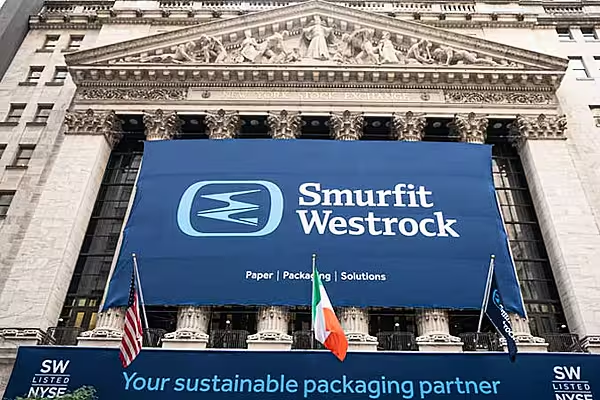Packaging firm SIG aims to increase the fibre content in its aseptic cartons to more than 90% to enable better recycling.
SIG plans to develop a full-barrier, aluminium-free aseptic packaging with at least 90% fibre content by 2030, and has set an interim target to reach at least 85% by 2025.
Samuel Sigrist, CEO of SIG, said, "Our carton packs have a low energy intensity, are produced with 100% renewable electricity, and consist predominantly of renewable resources from the forest.
"Now we want to take this even further by increasing collection and recycling of cartons through existing beverage carton recycling systems, and via paper streams."
Recyclability Of Cartons
Increasing the FSC-certified (Forest Stewardship Council) fibre content in aseptic cartons and expanding aluminium-free solutions are essential to the packaging firm's goal of achieving higher recyclability of carton packs, SIG noted.
The initiative will also support its vision to enable the recycling of carton packs anywhere in the world, which is essential for markets that only have a few established infrastructure for recycling.
Sigrist added, "Increasing the proportion of fibre content in aseptic cartons opens this opportunity and aligns with the wider trend towards 'paperisation' in the packaging industry.
"The FSC-certified renewable paperboard used in our packs ensures that we are promoting responsible forestry practices that prioritise biodiversity conservation."
Quarterly Performance
The packaging firm reported a 44.5% increase in group revenue in the first quarter of its financial year, to €729 million, driven by acquisitions and price increases.
Excluding acquisitions, organic revenue growth on a constant currency basis stood at 6.9%.
In its Europe division, revenue growth stood at 37.6% for the period, or 11.2% excluding acquisitions, with performance largely driven by price increases.
